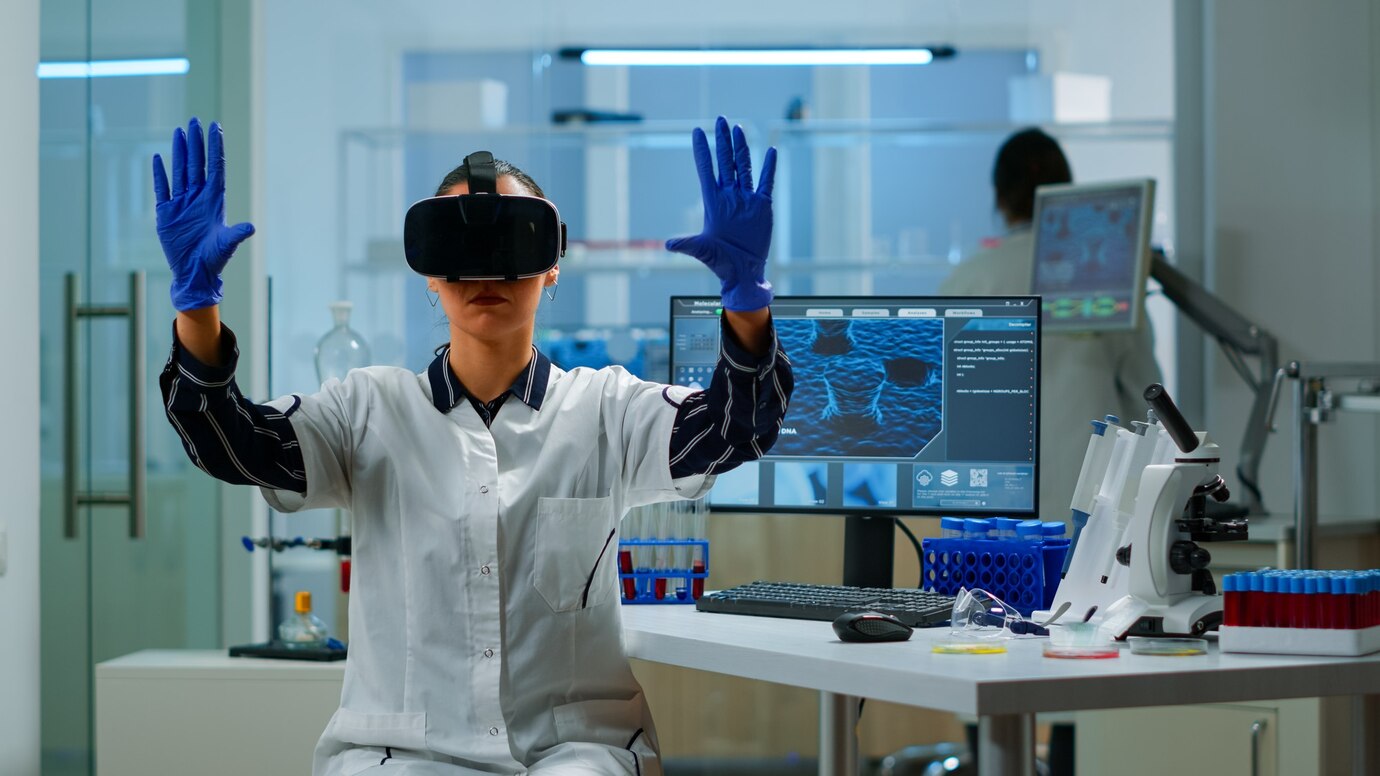In recent years, technological advancements have revolutionized various industries, and the sugar trading sector is no exception. From automation in trading processes to the application of artificial intelligence (AI). The market predictions and the adoption of blockchain for traceability, innovative technologies are reshaping how sugar is traded globally. In this article, we’ll explore the latest technological advancements in sugar trading and their impact on the industry.
Automation in Sugar Trades
Automation has streamlined many aspects of sugar trading, making transactions more efficient and reducing manual errors. Trading platforms equipped with automated features enable traders to execute orders, monitor market movements, and manage risk in real-time. Automated algorithms can analyze market data. It identifies trading opportunities, and execute trades without human intervention, leading to faster decision-making and improved trading outcomes. Automation enhances transparency and compliance by recording trade activities and maintaining audit trails. It ensuring regulatory requirements are met. Learn about sugar trade wars, global tensions, and resolutions in our blog post on sugar trade wars: global tensions and resolutions.
AI in Market Predictions
Artificial intelligence (AI) has become increasingly prevalent in predicting market trends and making data-driven decisions in sugar trading. AI algorithms analyze vast amounts of historical and real-time market data. It identifies patterns, correlations, and anomalies that human traders may overlook. By leveraging machine learning techniques, AI systems can forecast price movements. It is to identify market trends, and optimize trading strategies with greater accuracy. AI-powered trading platforms provide traders with actionable insights. As such Ai in the market provides predictive analytics, and risk management tools. Ai empowered them to make informed decisions and capitalize on market opportunities. Discover more about Regulatory Changes Shaping Sugar Trade in 2024 in sugar trading in our blog post.
Blockchain in Traceability
Blockchain technology offers unprecedented transparency and traceability in the sugar supply chain, enabling stakeholders to track the journey of sugar from farm to fork. By recording transactions in a decentralized and immutable ledger, blockchain enhances trust, security, and accountability throughout the trading process. In the sugar industry, blockchain enables producers, traders, and consumers to verify the authenticity, origin, and quality of sugar products, reducing the risk of fraud, contamination, and counterfeit goods. Blockchain facilitates compliance with regulatory requirements and sustainability standards by providing verifiable proof of adherence to ethical and environmental practices.
Summary
Automation, AI, and blockchain are transforming the landscape of sugar trading furthermore into technological advancement. It is enhancing efficiency, transparency, and security across the supply chain. As the industry continues to embrace innovation, stakeholders stand to benefit from improved decision-making, risk management, and competitiveness in the global sugar market.

